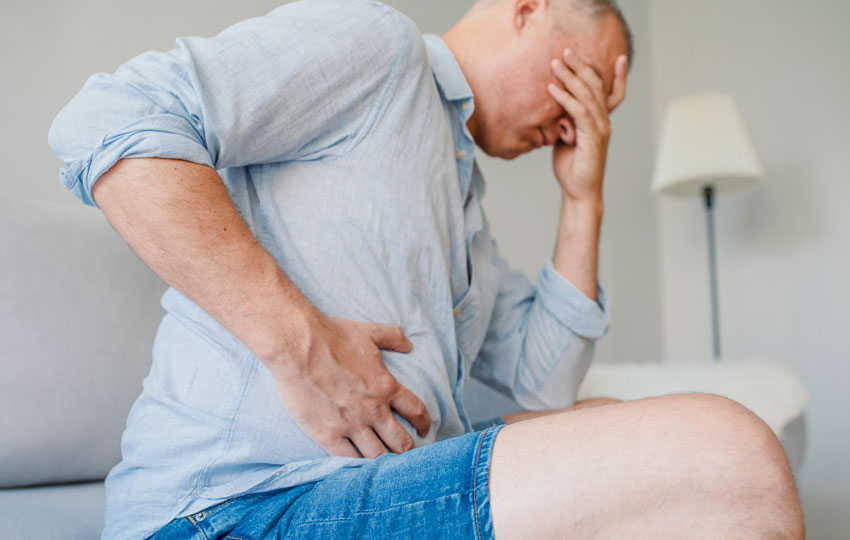As the obesity epidemic grows, so do weight-related disorders. Here’s what you need to know about fatty liver disease.
Fatty liver disease is a spectrum of fat build-up and damage that occurs to the liver. Over time this can progress to end-stage liver disease. The good news is that fatty liver disease, when caught early, can be stopped from progressing and even reversed. The solution is lifestyle changes.
“The liver has regenerative capabilities,” said Lea K. Matsuoka, M.D., a surgeon in Hepatobiliary and Liver Surgery, Liver Transplant and Pediatric Liver Transplant at Vanderbilt University Medical Center. “If you lose weight, your liver can recover.
Risk factors and prevalence
According to the U.S. National Library of Medicine, risk factors for fatty liver disease include obesity, type 2 diabetes or prediabetes, high blood pressure, high cholesterol, high triglycerides, metabolic disorders and more. The American Liver Foundation reports that about 100 million people in the U.S., or about 30 percent of the country’s population, have fatty liver disease.
“With the obesity epidemic that we’re facing in the United States, and really in the world, it’s become much more of a problem,” Matsuoka said.
The spectrum of fatty liver disease
The condition starts with non-alcoholic fatty liver disease, an accumulation of fat in the liver cells not caused by drinking alcohol. If these extra fat deposits cause inflammation or swelling to the organ, then the condition has progressed to non-alcoholic steatohepatitis. When the inflammation and swelling create irreversible damage and scarring, cirrhosis develops and can result in liver failure.
“It doesn’t necessarily mean that if you have non-alcoholic fatty liver disease that you will progress to non-alcoholic steatohepatitis,” Matsuoka said. “So that’s why it’s important to identify people who are at risk for fatty liver disease or who have fatty liver disease and hopefully intervene so that it doesn’t progress to non-alcoholic steatohepatitis or cirrhosis.”
Diagnosing fatty liver disease
To make an official diagnosis of fatty liver disease, doctors will need to perform a biopsy.
“What we see on biopsy when we diagnose someone with fatty liver or with non-alcoholic steatohepatitis is deposits of fat in the liver,” Matsuoka explained. “And ultimately, if that progresses, it leads to inflammation and eventually fibrosis or scarring that starts to affect its function.”
However, prior to biopsy, Matsuoka says physicians start with labs and imaging to determine if there is an issue with the liver.
Most often, someone with fatty liver disease won’t experience any symptoms. “By the time you start to show symptoms of liver disease, you are at risk for early mortality, unless you have a liver transplant,” Matsuoka said. “We don’t want to get to that point.”
That’s why patients should visit their primary care physicians regularly and have conversations about lifestyle choices, including drinking and smoking. “The combination of alcohol use and fatty liver can compound any liver damage.”
Matsuoka said your physician can work with you on smoking cessation, weight loss and nutrition solutions, and the management of any other risk factors.
Treatment of fatty liver disease
Fatty liver disease cannot be treated with medications or surgical weight loss procedures. “That’s what makes it so difficult,” Matsuoka said. “It’s difficult to change your life, and it’s difficult to lose weight.”
But she wants patients to know that physicians are available to help with figuring out and implementing those steps to better health and wellness.
“It’s really about letting them know that you’re there to provide them the tools for what they need,” she said.

If you have risk factors for fatty liver disease, it’s helpful to talk to your primary care provider about how to quit smoking, lose weight or take other steps to avoid liver damage. Vanderbilt Primary Care providers are trusted partners in your health and well-being. If you’re struggling to lose weight, the Vanderbilt Weight Loss Center can help.

